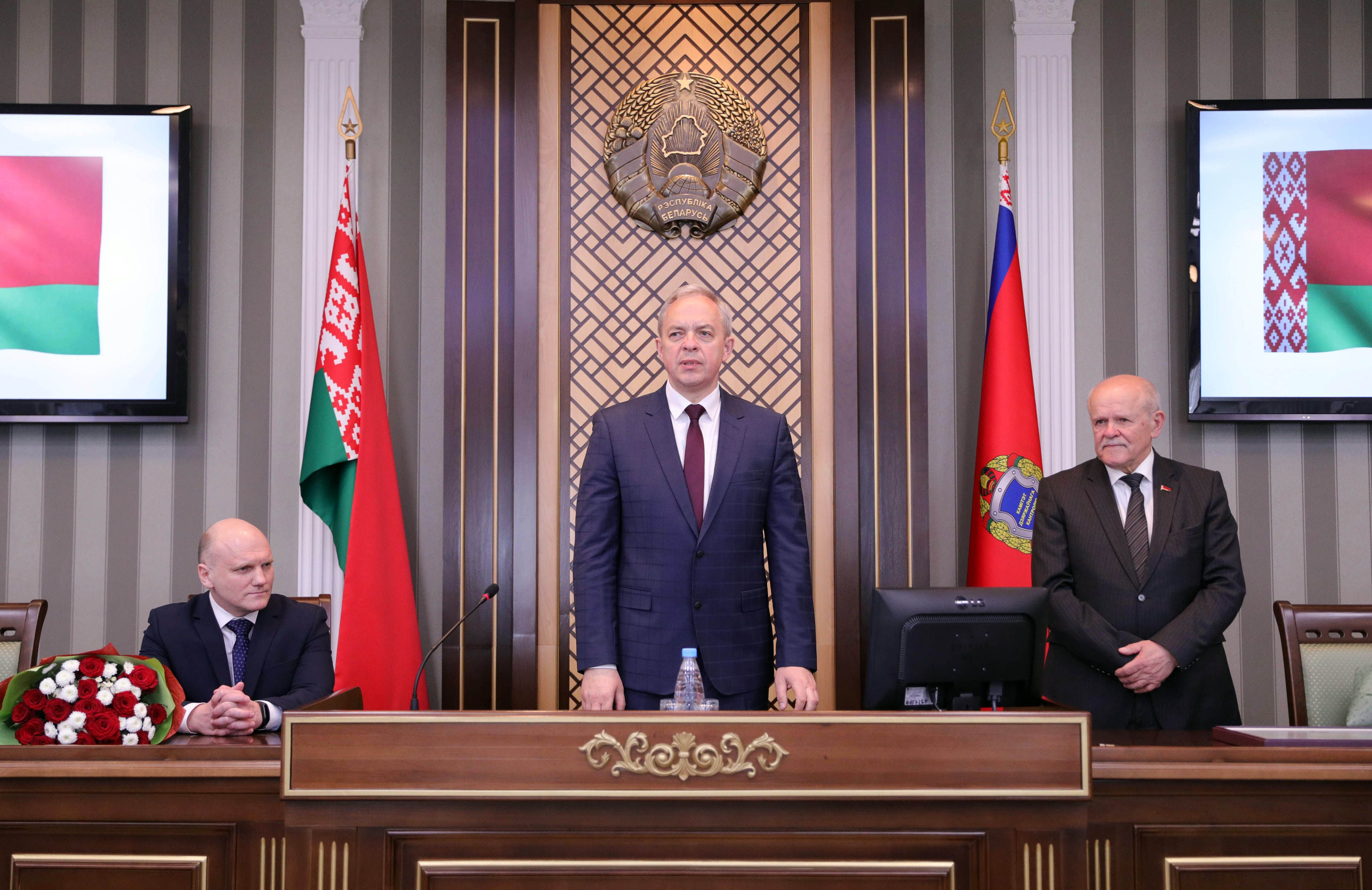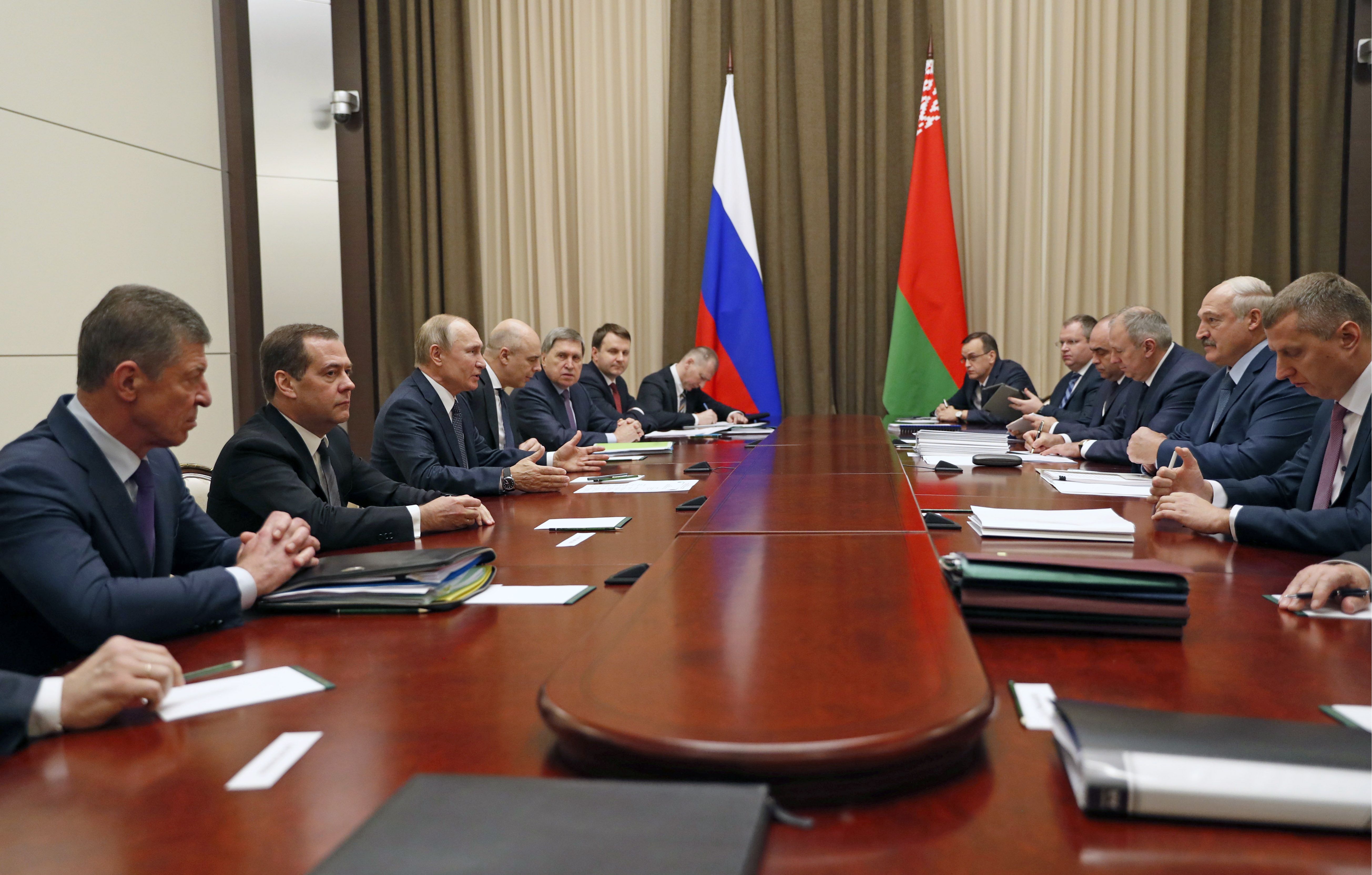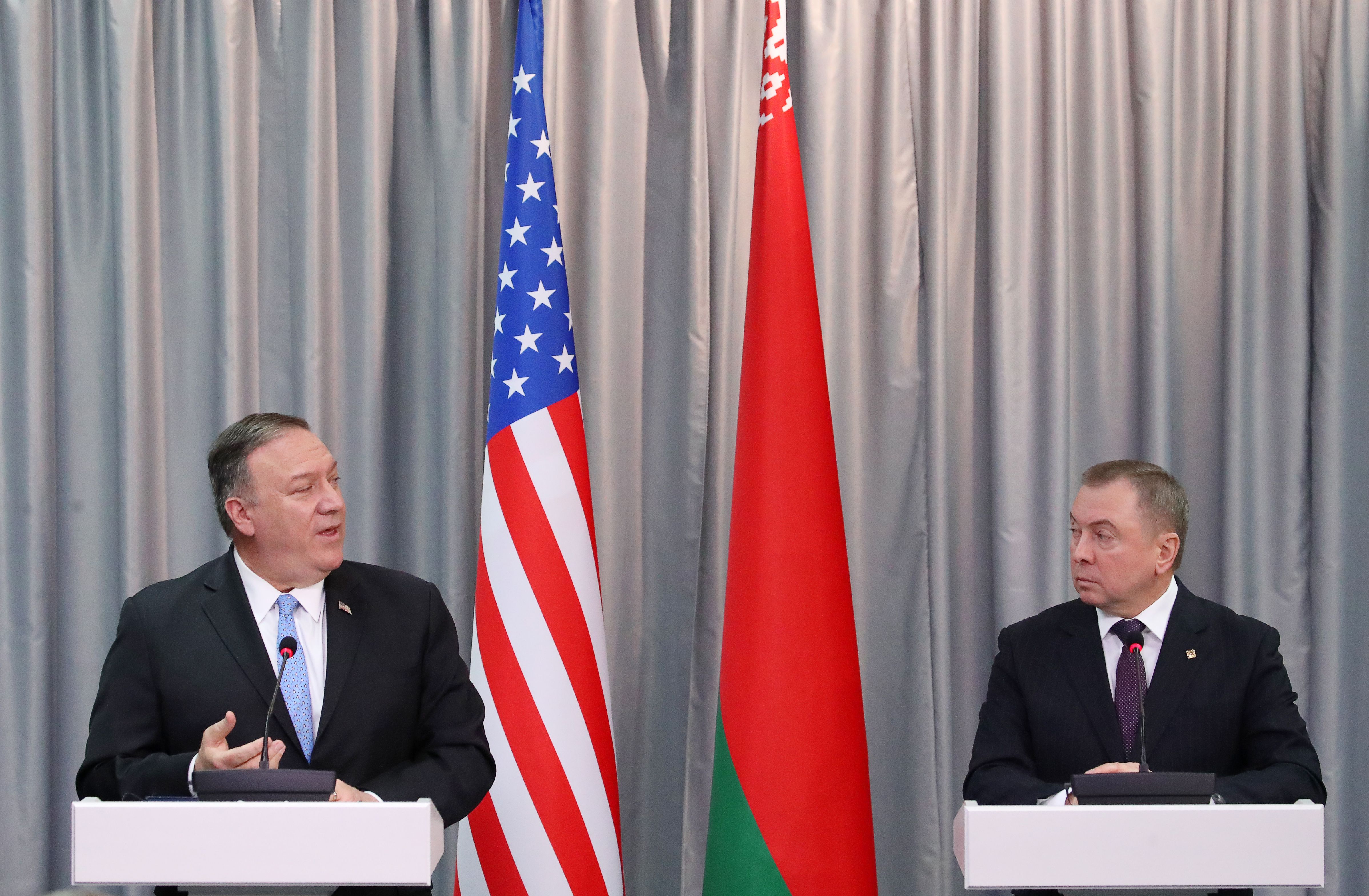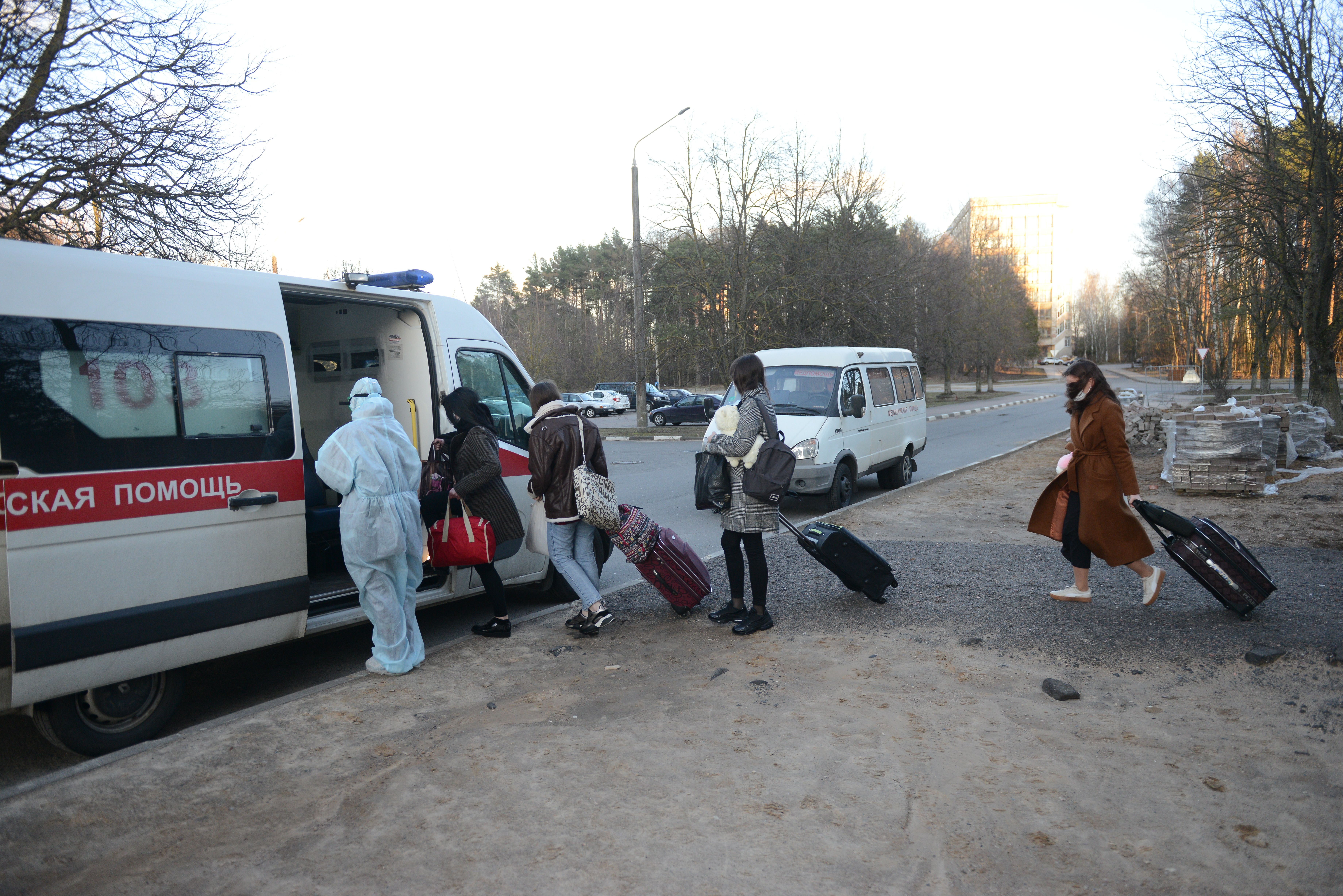The reshuffle of the Belarusian Government

Why was there a government reshuffle?
Lukashenka, since the beginning of the year because of the deterioration of the economy, had been announcing he would dismiss the government, blaming it for the crisis. However, it would have happened anyway after the presidential election planned for 9 August because the Belarusian constitution (Art. 106) stipulates that the council of ministers must resign at that point and new one named. But the president decided to change it during the campaign, explaining that Belarusians will now know what state policy will look like after the elections.
It was also a response to disputes between the government and the President’s Administration regarding how to combat the economic crisis.
In turn, the change in the position of prime minister was most likely the result of Lukashenka’s loss of confidence in now former PM Siarhei Rumas, whose close associate was the former head of Belgazprombank, Viktar Babaryka, who is applying to be a presidential candidate and in recent weeks has become very popular.
Who are the new ministers?
Golovchenko, the new prime minister, has been chairman of the State Military-Industrial Committee since 2018. Earlier, he had worked in the Security Council of Belarus and the President’s Administration as a counsellor in the foreign policy department. In 2009, he was the deputy ambassador to Poland, and in 2013–2018, ambassador to the United Arab Emirates, Qatar, Kuwait, and Saudi Arabia.
Mikolaj Snapkau, the ambassador to China, was appointed first deputy prime minister, and Alexander Subocin, the minister of industry and agribusiness of the Eurasian Economic Commission, as deputy prime minister.
Changes were also made to the ministers of finance, industry, information, municipal economy, and architecture and construction, as well as the head of the State Control Committee. All new members of the government have experience working in state positions and therefore the reconstruction of the cabinet is only an insignificant reshuffle of the power elite.
What does the change mean for internal policy and the presidential election campaigns?
The reconstruction was a response to the growing popularity of Babaryka, Valeryj Capkala, and Svetlana Cichanouska, all applying to be presidential candidates. The second purpose of the changes was to divert media attention from protests in defence of popular blogger Siarhei Cichanouski (husband of Svetlana Cichanouska), who was arrested again on 30 May while protesting the election in Hrodna and remains under investigation.
As for the main task of the new government, President Lukashenka pointed to securing economic growth and improving the standard of living, as well as increasing industrial exports, including arms exports. Nevertheless, due to the structural nature of the problems of the Belarusian economy and deteriorating relations with Russia, it will be difficult to expect effective measures from the new cabinet that will improve the country’s economy.
How will the changes affect foreign policy?
Since the changes did not include either the foreign or defence ministries, Belarus is likely to maintain the current policy of dialogue with the European Union, the U.S., and NATO. However, the course of the campaign and the presidential election will be key to the future of these relations. Violations of human rights, including the pacification of protests, will mean a sharp deterioration in mutual relations, including a return to sanctions policy by the EU and the U.S. Such a scenario would also mean an increase of Belarus’ dependence on Russia, with which relations have remained tense in recent months, and that would be favourable for Russia.
However, the new composition of the government indicates that Belarus still wants to develop economic contacts with the EU and the U.S. and counts on increasing western investment. The nomination of Snapkau as first deputy prime minister shows that Belarus will attach even more importance to relations with China





